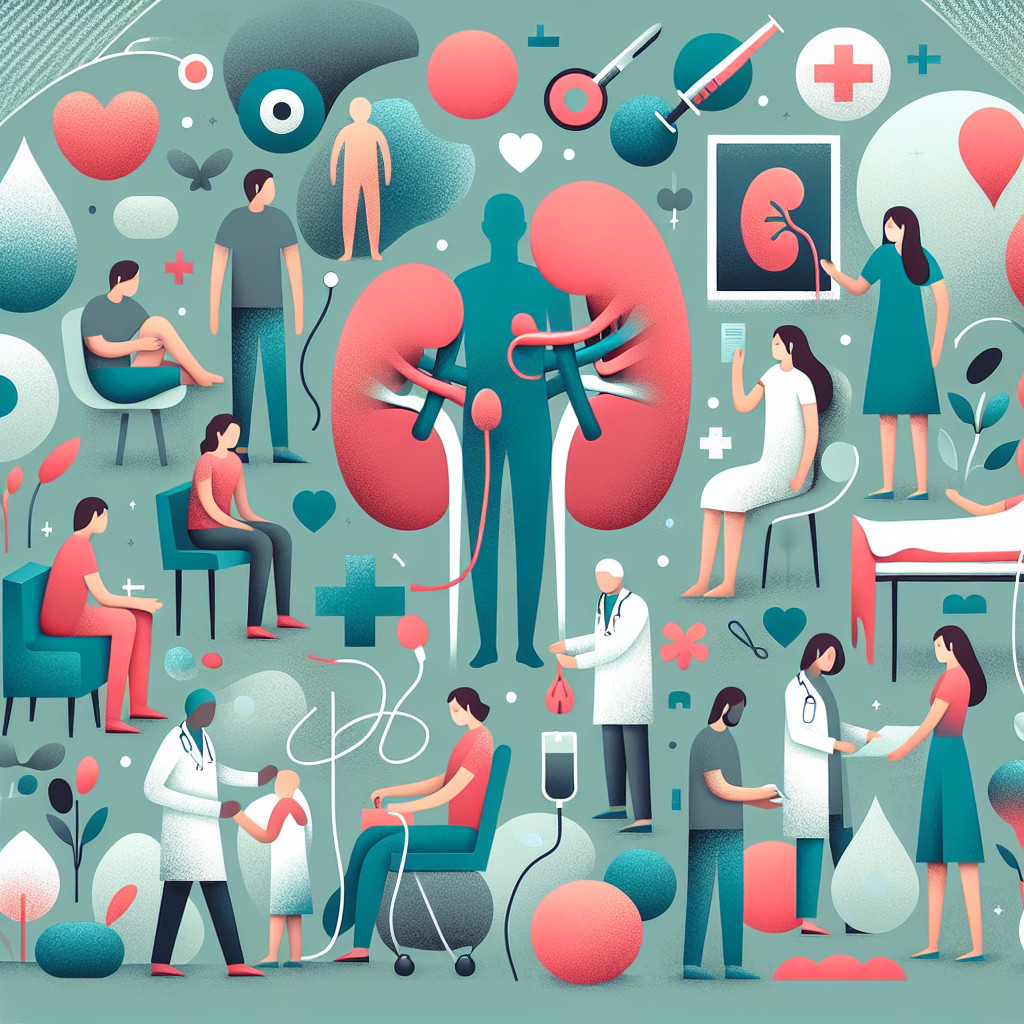Common Misconceptions About Organ Transplant Surgery

Overview
Organ transplant surgery is a life-changing procedure that can offer a fresh start to those suffering from end-stage organ failure. At its core, it involves replacing a failing organ with a healthy one from a donor. People often think about transplants when they hear about someone needing a new kidney, liver, or heart, but there’s so much more to it. Understanding the basics can help demystify the process and clear up some common misconceptions.
One of the biggest benefits of organ transplants is the chance for a longer, healthier life. For many, a transplant can mean freedom from dialysis or the daily struggles of managing chronic illness. However, it’s important to recognize that this isn’t a cure-all. Organ transplants come with their own set of challenges and limitations. The surgery itself is complex, and recovery can be a lengthy process. Not everyone is a candidate for a transplant, and factors such as age, overall health, and the specific organ involved play a significant role in determining eligibility.
Many people have concerns about the risks associated with organ transplant surgery. It’s natural to worry about the surgery itself and the possibility of complications. While the procedures are generally safe and performed by skilled surgeons, every surgery carries risks. These can range from infections to issues with the new organ not functioning as expected. It’s also important to consider the long-term commitment involved after the transplant. Recipients usually need to take medications to prevent rejection of the new organ, and these can have side effects and require regular monitoring.
Recovery after an organ transplant is an essential part of the journey. It often involves staying in the hospital for several days to monitor progress and manage any immediate post-surgery concerns. Once home, patients may need to adjust to a new routine that includes regular follow-up appointments, lab tests, and possibly physical therapy. Day-to-day life can change significantly, as recipients may need to be mindful of their diet, activity levels, and overall health. It can be overwhelming at first, but many find that with time, they can return to their normal activities.
Costs can also be a major consideration when it comes to organ transplants. The initial surgery can be expensive, and this doesn’t include the ongoing costs of medications, follow-up visits, and potential complications down the line. Many people are surprised to learn that insurance often covers a significant portion of the transplant and its related care, but patients should always check with their insurance provider to understand their specific situation. Financial assistance programs and resources are also available for those who need help navigating the costs.
Frequently, people wonder about the availability of organs and the waiting list. It’s a common concern, as many potential recipients find themselves in a race against time. The waiting period can vary significantly based on factors like the specific organ needed, the recipient’s health, and availability of suitable donors. It’s important to remember that organ donation is a voluntary process, and many people are willing to help others by registering as donors. Spreading awareness about the importance of organ donation can help increase the number of available organs and save lives.
Another common question relates to the age limits for receiving an organ transplant. While age can be a factor in determining eligibility, it’s not the only one. Many older adults have successfully received transplants and lived healthy lives afterward. Each case is assessed individually, taking into account the person’s overall health and the potential benefits of the transplant.
Potential recipients often express concern about how a transplant might affect their lifestyle. It’s understandable to wonder if you can still enjoy the same activities you did before. For many, the answer is yes. With proper care and monitoring, many transplant recipients go on to lead fulfilling lives, engaging in work, hobbies, and family activities. However, it’s crucial to stay in tune with your body and communicate regularly with your healthcare team.
Some might also question whether they’ll have to change their diet after a transplant. While some adjustments are often necessary, it doesn’t mean you have to give up all your favorite foods. A balanced diet is essential for recovery and long-term health, so working with a dietitian can help you find a plan that works for you.
Lastly, it’s important to address the emotional aspect of organ transplant surgery. The journey can be filled with ups and downs, and it’s natural to experience a range of emotions, from hope to anxiety. Many patients find it beneficial to connect with support groups or mental health professionals who understand the challenges of transplant life. Having a strong support system can make a significant difference during recovery.
In conclusion, organ transplant surgery is a powerful option for many facing serious health challenges. While it comes with its own set of risks and considerations, the potential benefits can be life-altering. If you or someone you care about is exploring this path, it’s essential to have open conversations with healthcare providers. They can provide guidance tailored to individual circumstances, ensuring that you have the information and support you need on this journey. Remember, you’re not alone, and there are resources available to help navigate the complexities of organ transplant surgery.